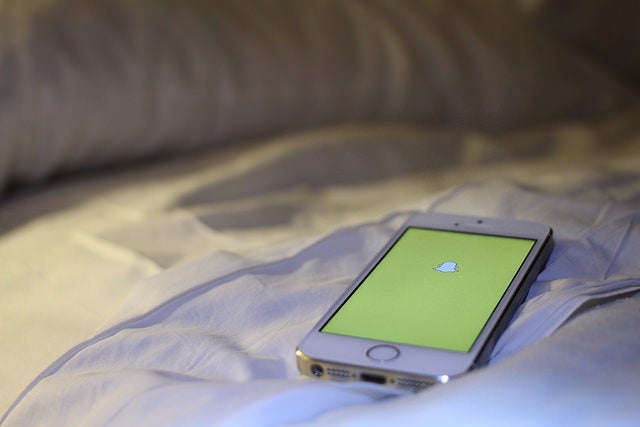Snapchat introduces new security verification to help users protect their accounts
The mobile app was targeted by an online leak in 2014 which saw more than 100,000 pictures leaked

Snapchat has changed its security features to include a new two-step authentication to make logging in more secure.
Despite previous security leaks, when hacking reportedly saw 100,000 photos exposed, the app’s creators have added a new way of keeping unwanted snoopers out.
Users who download the app’s latest update, will be able to add verification which demands a 6-digit password whenever they log on to a new device.
The password will be sent to the account’s registered number and will only be valid for a temporary amount of time to avoid it being abused.
Once activated in the settings of the app “login verification” will send a six-digit-code via SMS which will allow users to log in.
If, like some, you are quite clumsy or forgetful, the app also has a recovery code which can be used in the case it gets lost or broken.
Snapchat initially gained popularity as users could instantly send images to friends, while the app had an inbuilt self-destruct function.
The app's previous security issues resulted in 4.6 million user's details being exposed by hackers in October last year.
Join our commenting forum
Join thought-provoking conversations, follow other Independent readers and see their replies
Comments
Bookmark popover
Removed from bookmarks